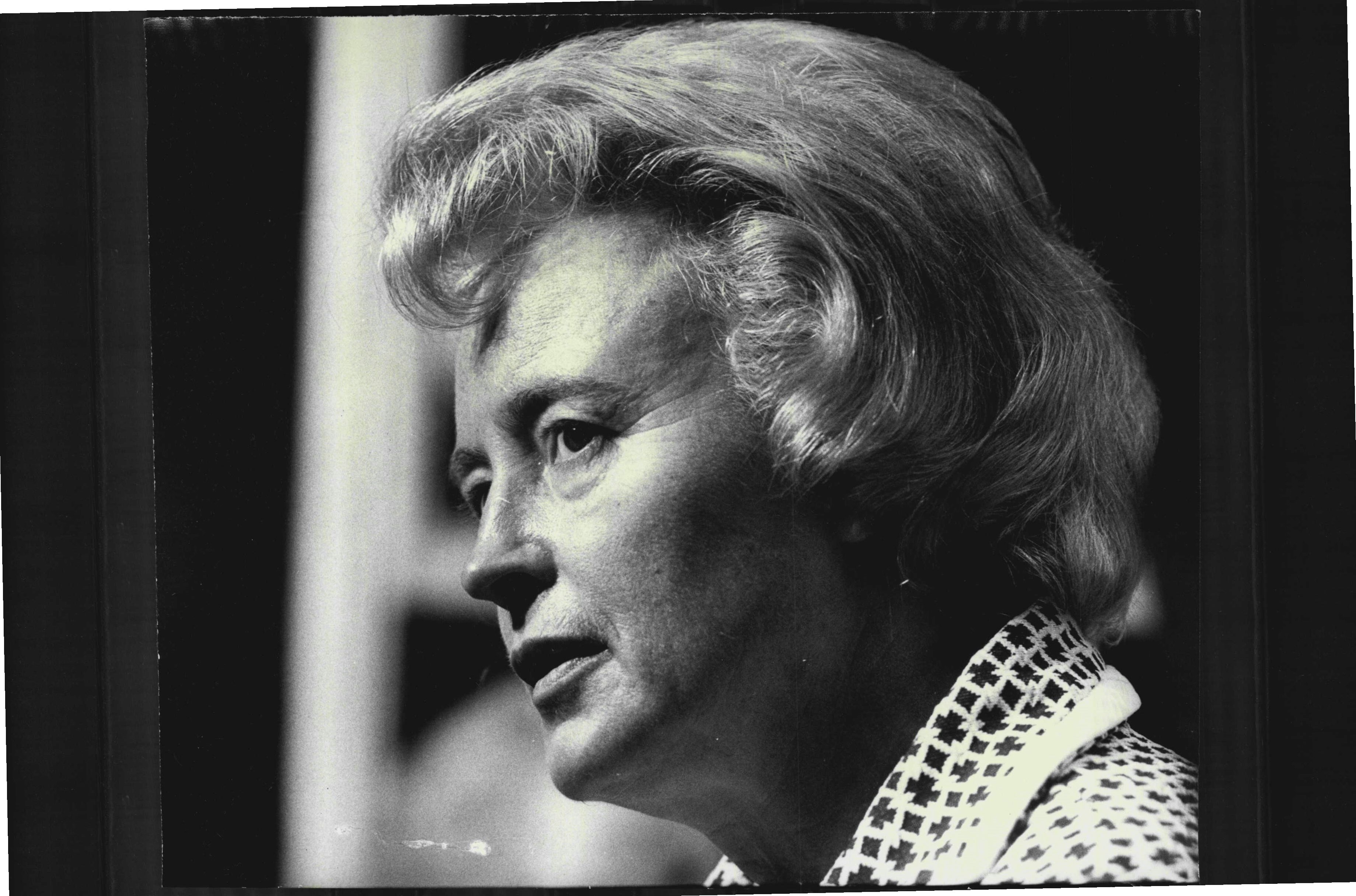Trailblazing astronomer Margaret Burbidge, who helped reveal what happens inside stars, dies at 100
Some called her "Lady Stardust."

Margaret Burbidge, an astronomer who made vital contributions to our understanding of what happens inside stars and who worked on instruments for the Hubble Space Telescope, has died at 100.
The University of California, San Diego, where Burbidge had worked from 1962 to 1988, announced her death on Twitter Monday (April 6), noting that she had died on Sunday (April 5). Burbidge was most famous for her work establishing how stars produce increasingly heavy elements and distribute them throughout the universe.
In the 1950s, the fact that elements are born in stars had already been established, but the mechanism was unknown. Burbidge led a four-person team that published a 100-page paper outlining the details of the reactions that take place within stars, astronomical observations that supported the idea, and a hypothetical chain of events that would cause stellar explosions that distributed elements across space. A colleague later won the Nobel Prize for the team's research on these stellar reactions.
Related: Meet the female mathematician who helped discover Pluto
"It was the first, and still is, the most important paper that's ever been written on that subject ... giving you the cookbook of how you make the elements and why," Mark Thiemens, a chemist at the University of California, San Diego, said in a statement released to commemorate Burbidge's 100th birthday.
The work led some to nickname Burbidge "Lady Stardust" in recognition of her role discovering how the reactions that take place within stars create the elements all around us.
Burbidge also researched quasars, or supermassive black holes that create high-speed jets, including using data gathered by the Hubble Space Telescope on such objects. She encouraged the construction of Hubble, including working on the Faint Object Spectrograph, which spent seven years observing in space.
Get the Space.com Newsletter
Breaking space news, the latest updates on rocket launches, skywatching events and more!
Like many other female astronomers conducting research in the 20th century, Burbidge had to break through systemic obstacles to her work. At one point, she gained access to a premier observing facility by pretending to be an assistant to her husband, who was also an astronomer and who collaborated on her stellar chemistry work.
Later in her career, she declined a prominent award for women in astronomy, writing, "It is high time that discrimination in favor of, as well as against, women in professional life be removed."
Born in 1919, Burbidge grew up in the U.K., fell in love with the night sky as a child, and worked in her father's chemistry lab.
When she saw a spiral galaxy for the first time, according to astrophysicist Andreea Font of Liverpool John Moores University commemorating Burbidge's centenary in The Conversation, she wrote: "I felt it was almost sinful to be enjoying astronomy so much, now that it was my job and the source of my livelihood."
- 'The Glass Universe': How women 'computers' measured the stars
- NASA's real 'Hidden Figures'
- Nancy Grace Roman, 'Mother of Hubble,' dies at 93
Email Meghan Bartels at mbartels@space.com or follow her @meghanbartels. Follow us on Twitter @Spacedotcom and on Facebook.
OFFER: Save 45% on 'All About Space' 'How it Works' and 'All About History'!
For a limited time, you can take out a digital subscription to any of our best-selling science magazines for just $2.38 per month, or 45% off the standard price for the first three months.
Join our Space Forums to keep talking space on the latest missions, night sky and more! And if you have a news tip, correction or comment, let us know at: community@space.com.

Meghan is a senior writer at Space.com and has more than five years' experience as a science journalist based in New York City. She joined Space.com in July 2018, with previous writing published in outlets including Newsweek and Audubon. Meghan earned an MA in science journalism from New York University and a BA in classics from Georgetown University, and in her free time she enjoys reading and visiting museums. Follow her on Twitter at @meghanbartels.










